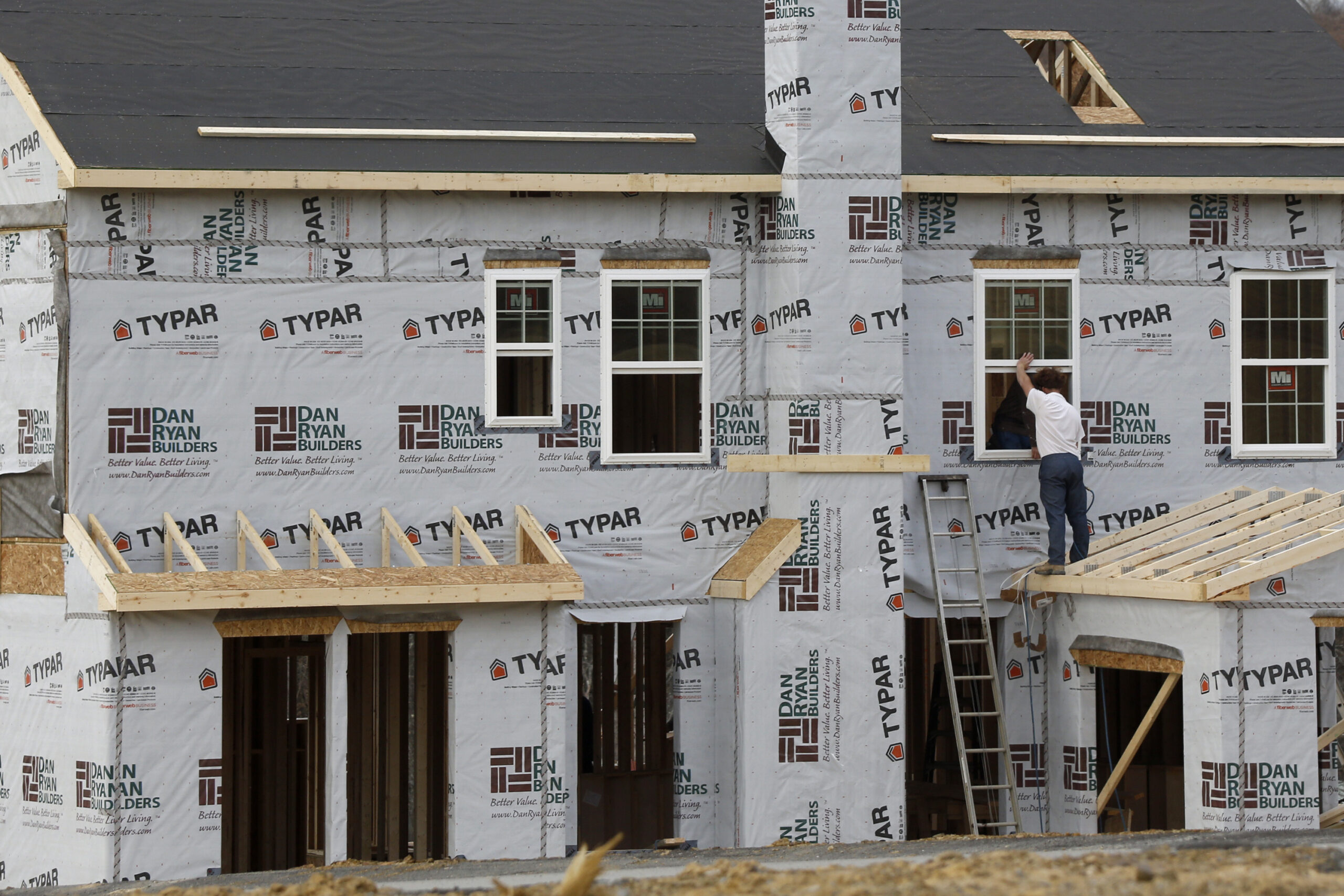

(The Center Square) — Rhode Island lawmakers will revisit a plan to help property owners develop accessory dwelling units as part of a broader effort to boost housing production in the state.
The proposal would give homeowners the right to develop accessory dwelling units within the existing footprint of their structures or on any lot larger than 20,000 square feet, as long as the design satisfies building code, size limits and infrastructure requirements.
The bill’s primary sponsor, state Rep. June Speakman, said the purpose of the bill is to encourage the development of rental units that are more affordable than many other apartments and provide opportunities for homeowners with extra space “to generate income that helps them maintain ownership of that property.”
“Our state has the lowest per-capita construction rate in the whole country,” Speakman, a Democrat and chairwoman of the House Commission on Housing Affordability, said in a statement. “We need to be creative and be willing to allow construction of housing, particularly affordable, moderate and small units like ADUs.”
Under current laws, accessory units or “granny flats” in Rhode Island were only permitted by property owners’ direct or disabled relatives and were restricted to owner-occupied properties.
Speakman said the proposal would offer Rhode Islanders a “relatively simple way” to make more housing units available in the short term and help ease the state’s housing crunch.
“Because they are small and often can be created without even altering the footprint of the existing building, they don’t change the character of their neighborhood,” she said. “They are mutually beneficial to the renter and the homeowner, who can use the rental income to make their own home ownership more affordable.”
The measure, pending before the House Municipal Government and Housing Committee, is part of a housing production package of bills backed by House Speaker K. Joseph Shekarchi, who has made Rhode Island’s worsening affordability crisis a key issue in the upcoming session.
A similar proposal authorizing accessory dwelling units was approved by the House of Representatives last year but stalled in the Senate. Speakman said she has addressed concerns raised during the previous session by prohibiting ADUs constructed from being used as short-term rentals and streamlining the permitting process, among other changes.
AARP Rhode Island, the Rhode Island League of Cities and Towns, Rhode Island Housing and other groups support the measure.
“Every Rhode Islander needs a safe home that they can afford, and the only way we are going to make that happen is to build more homes,” Speakman said. “This bill removes some of the obstacles to building ADUs while respecting municipal land use policies.”







